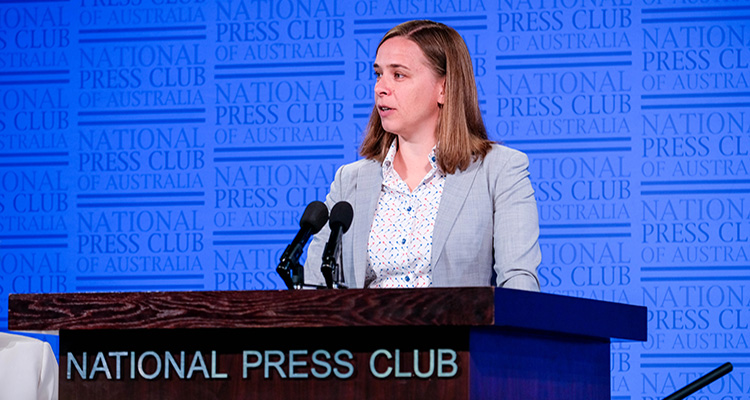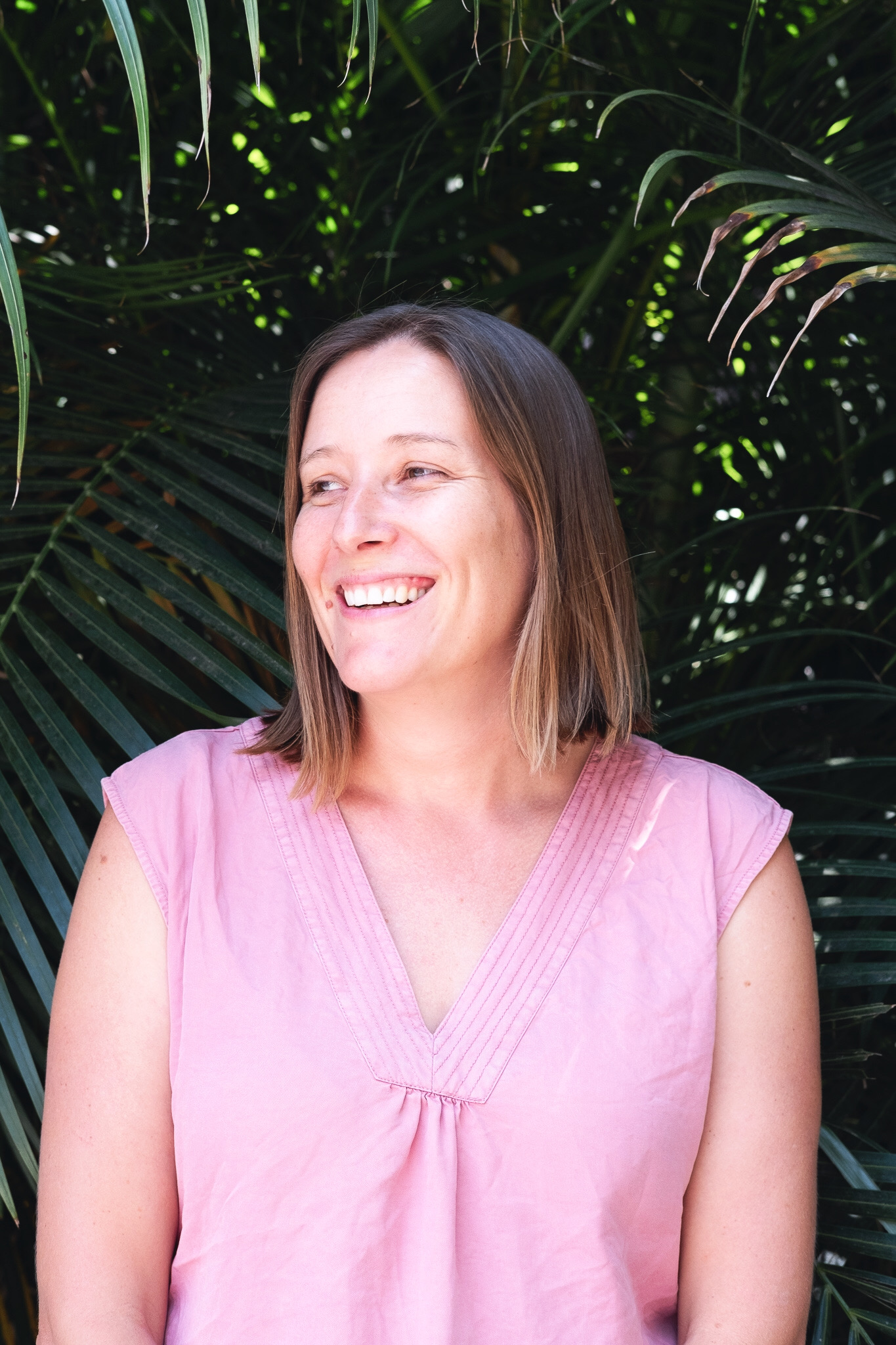By Charlotte Beloe

At the end of 2019 Professor Lisa Harvey-Smith, Astronomer and Women in STEM Ambassador, gave an address at the National Press Club of Australia. The focus of this address was on promoting gender equity in STEM and as the first year of the new decade builds momentum, we thought it important to reflect on Lisa’s speech.
Now more than ever is a great time for women in maths and science, with an increasing number of discussions and support networks focused on gender equity and encouraging women in STEM roles. We seem to be on the right track… aren’t we?
Apparently not. “Women make up only 17% of the STEM-qualified population in Australia,” says Lisa. What is more alarming is that over 10 years ago in 2006 it was 15%. “It’s barely inching forward,” she states.
So what is going wrong and more importantly, what can we do about it?
Well, according to Lisa the number of young people getting involved in STEM in Australia is “stagnating and dwindling.” What’s more, by Year 3, young girls have already been profoundly affected by gender bias in the way STEM topics have been introduced to them. This is not only seen in the classroom where girls are more likely to be praised on the appearance of their work rather than the content, but also at home. Lisa mentions one study wherein parents were three times more likely to talk about numbers with boys compared to girls. For example, asking a young boy, “How many flowers are there?” and a young girl, “What colour flowers can you see?”
According to Lisa we can all contribute to the change we want to see through our interactions with younger members in our own families. Unsurprisingly ‘maths anxiety’ affects girls more, and Lisa urges us to approach numbers with a sense of vibrance and positivity which we can impart on younger generations.

“As adults, the support and encouragement that we can give to young people is the most important thing, the most precious commodity that we can give to our children.” Lisa continues, “to help a young person, to cultivate their sense of wonder and curiosity about the world is an incredible gift that we can give to them.”
On this note Lisa urges us to share our own STEM ‘love stories’, the reasons behind why we are so passionate about what we do. The stories that sparked our own sense of wonder and curiosity in our younger selves. It is our turn to give back and become the role models that inspired us. As our own program founder Prof. Emma Johnston says, “You cannot be what you cannot see.” Words that have become something of a mantra for our champions.
This is something to reflect on and apply in the coming year. To always think how we can be more visible to young girls and spark STEM love stories of their own.
Not sure where to start? Here are a couple of resources recommended by Lisa:
The Girls in STEM Toolkit – A great resource for young women to get involved in STEM.
STEM Women – Find women in STEM who are open to speaking opportunities at schools and events. Or contact us at MathsScienceChampions@unsw.edu.au
Follow Lisa on Twitter.




